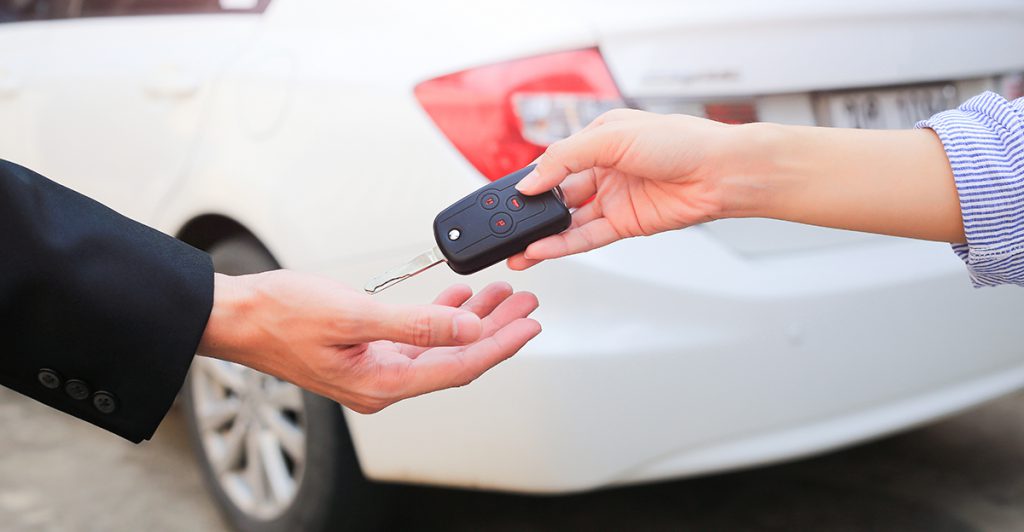Leasing 101: Terms to Know Edition

LEASING 101: TERMS TO KNOW EDITION
Shopping for a new car can be a stressful experience, especially when deciding whether to buy or lease the new vehicle you pick out. While both options have their own distinct benefits, leasing a car may be the best decision if you are looking for more flexibility. Some of the benefits of leasing include:

Lower Monthly Payments
Leasing a car will almost always provide you with a lower monthly payment because you are paying for the depreciation of the vehicle that occurs during the term of your lease, plus sales tax. When you finance a car, you are paying off a loan for the retail price of the vehicle plus interest (sales tax is paid at time of purchase). A lower monthly payment means more financial flexibility. Leasing also may allow you to get a more loaded car for the same monthly payment as financing the base model.

New Car Every Few Years
One luxury of leasing a car is the ability to get a different vehicle every few years. Of course, you must wait until your current lease agreement is up, but you will never have to deal with the hassle of selling or trading your old car. When you lease, you are not the owner of the vehicle; the leasing company or bank is. They allow you to drive the vehicle for the duration of your lease agreement, a similar process to renting an apartment. With the flexibility to change vehicles every time you enter a new lease agreement, you can enjoy the latest models, tech and safety features the industry has to offer.
New Car Every Few Years
One luxury of leasing a car is the ability to get a different vehicle every few years. Of course, you must wait until your current lease agreement is up, but you will never have to deal with the hassle of selling or trading your old car. When you lease, you are not the owner of the vehicle; the leasing company or bank is. They allow you to drive the vehicle for the duration of your lease agreement, a similar process to renting an apartment. With the flexibility to change vehicles every time you enter a new lease agreement, you can enjoy the latest models, tech and safety features the industry has to offer.

Even if you determine that leasing is the right option for you, reading through and understanding every word in the agreement can still be a stressful process. The automotive leasing industry may seem to have its own language, but its not as complicated as you think. Below are the most common leasing terms with explanations to help you successfully master the car leasing process.
Acquisition Fee
The fee charge by leasing companies and banks to cover expenses of administrating the lease
Disposition Fee
The fee charged to cover expenses of cleaning, preparing and selling the vehicle after you return it at lease end
GAP Waiver
Agreement to waive the difference of what you owe on the lease and what your insurance company will reimburse if your car is stolen or destroyed
Mileage Allowance
The number of miles you can drive during the duration of your lease agreement. Exceeding the allowance will result in an excess mileage charge because the number of miles affects the residual value of the vehicle.
Residual Value (RV)
Set at the beginning of the lease, this is the vehicle’s estimated value at lease end. The RV is used to calculate your monthly payment. The higher the RV, the lower the monthly payment (less depreciation).
Leasing 101: Terms to Know Edition Read More »
